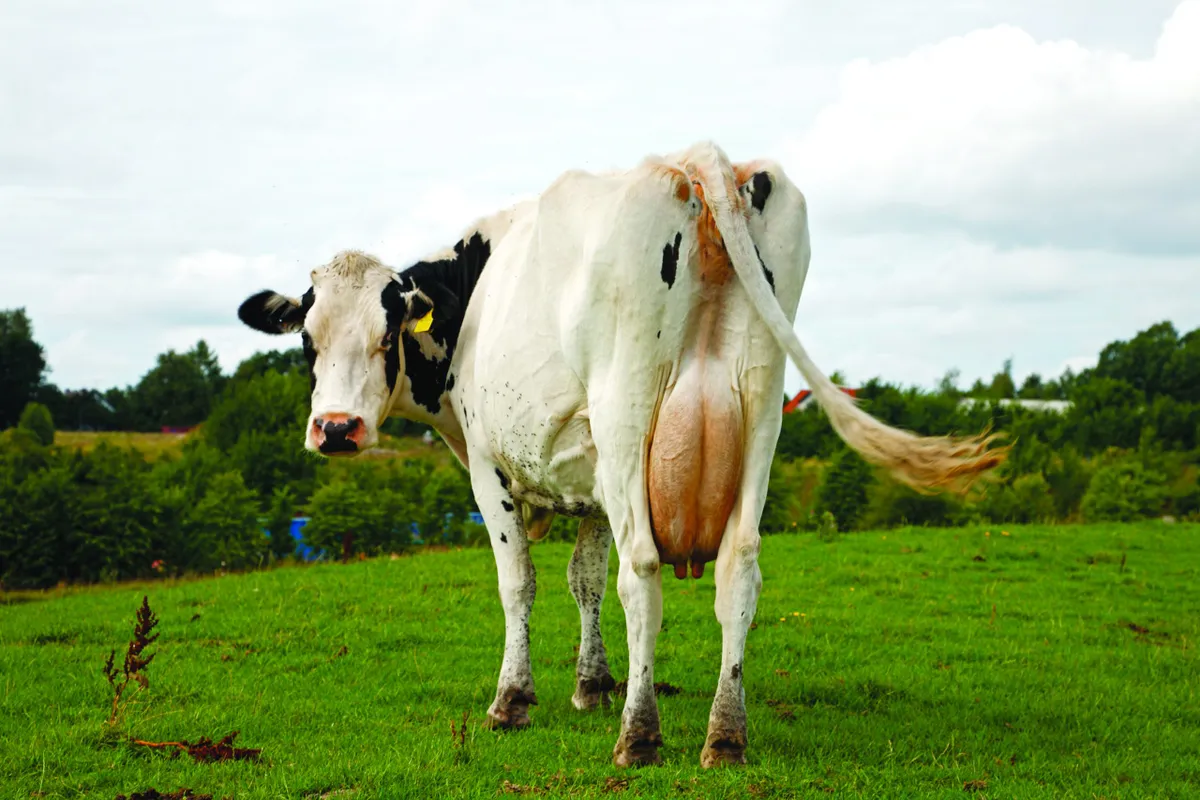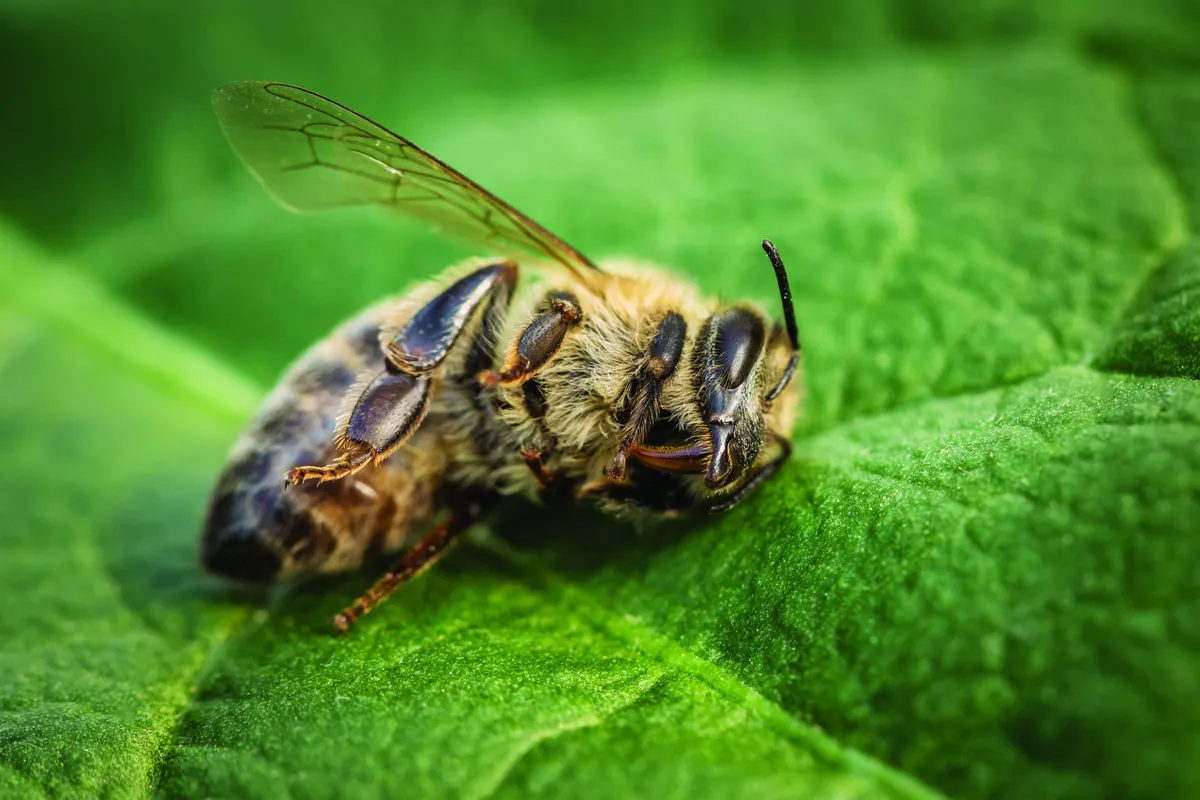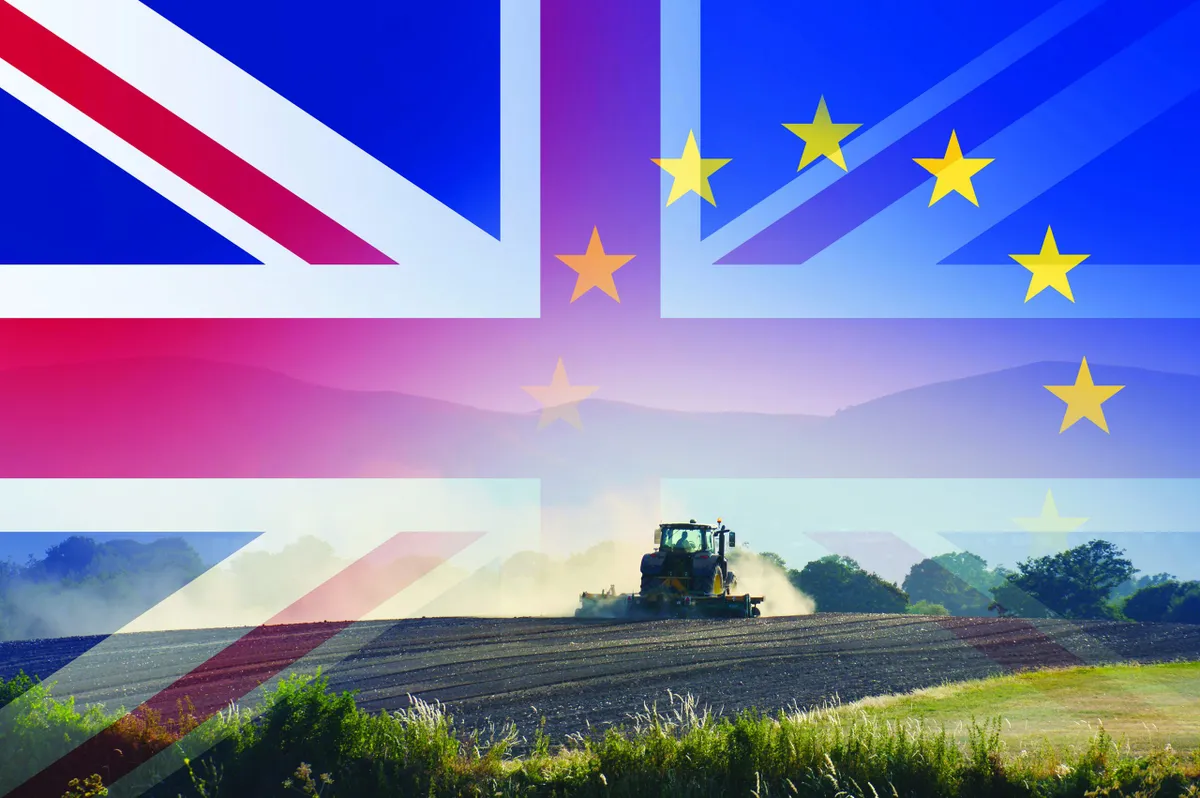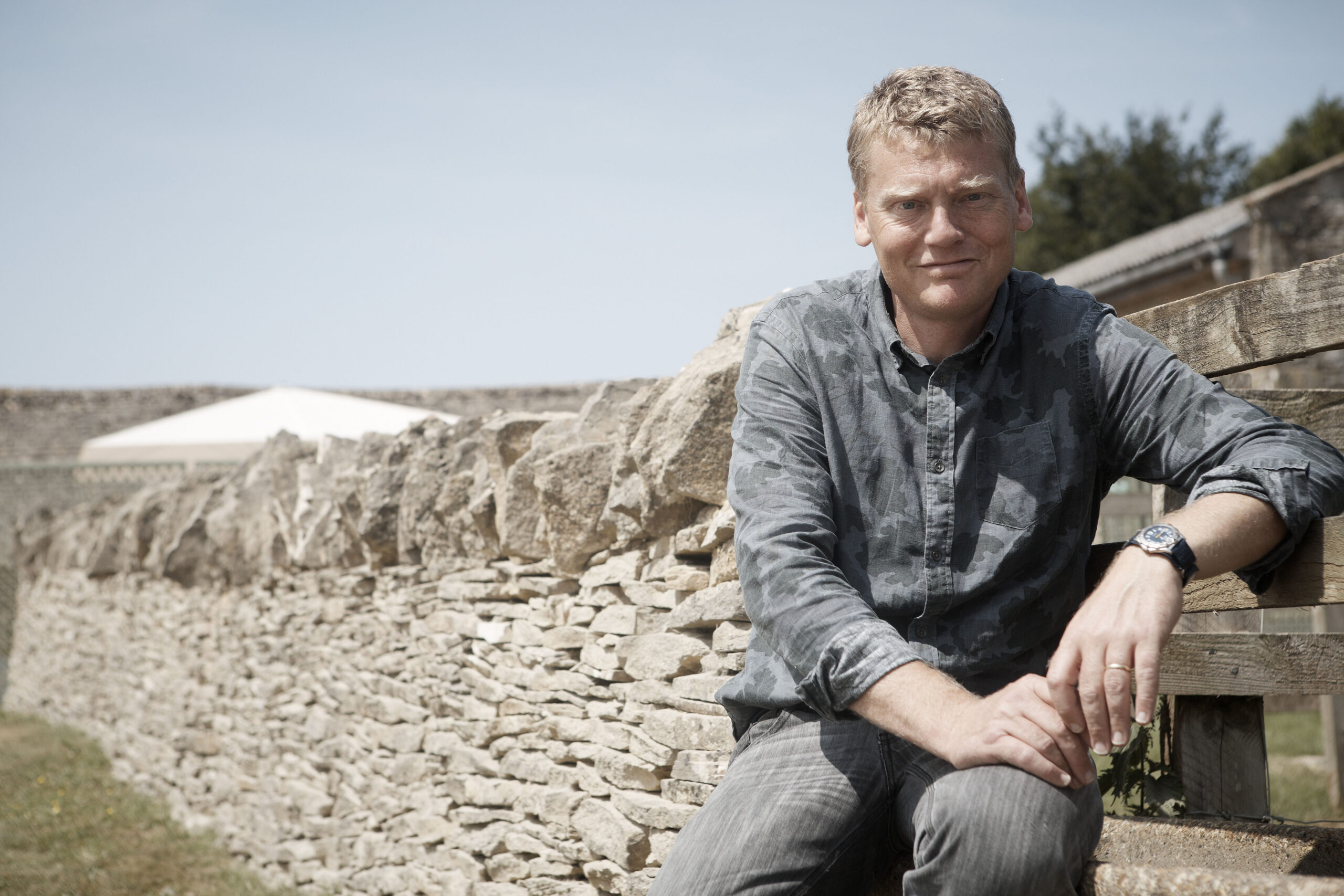Our climate is changing – something that is now impossible to deny. The 10 warmest days in the UK since records began in 1884 have all occurred since 2002. The past 30 years have been, on average, 0.8°C hotter than the 30 years before that.
The changing weather patterns are affecting Britain’s farms. In many places – especially a broad stripe from south-west, across central England to the north-east – it was a very wet autumn. Fields became lakes, brooks became rivers and many woodlands resembled a Louisiana swamp. Even where standing water was absent, the ground was so soggy that some of last year’s crops, such as potatoes, rotted in the ground and farmers have been unable to get on and plant this year’s crop.
It is clichéd, yet true, that climate change drives trends, not individual events, but wetter winters and wilder weather are exactly what the atmospheric experts have been predicting.
Britain’s wildlife is also affected by the altered weather. Ground-nesting birds lose nests to floodwaters. More pests survive without a hard frost and many unwanted invasive species thrive in a milder Britain. Young seabirds are starving to death as warming seas push their food away from breeding colonies. Cold-climate specialists such as the Scottish crossbill could become extinct as the mercury rises. It dwells in the mountains and the north and is the only British bird found nowhere else in the world.
Farming worsens climate change
In the UK, food and farming contributes around 10% of our greenhouse gas emissions. The principle sources are fourfold. The energy-intensive production of fertiliser and the use of diesel in farm machinery emit carbon dioxide (CO2). The breakdown of fertiliser in fields releases nitrogen dioxide. The burps of ruminants, such as cattle and sheep, release methane. And the use of soy in some imported animal feed can come with a hefty carbon cost if grown in recently deforested areas. Forest absorbs CO2, while most arable land releases it.

Farming also has a comparatively poor record in shrinking its effect on global warming. Since 2008, the climate impact of farming has barely shifted, whereas, in the same period, carbon emissions from UK electricity generation have halved. So, as other areas of the economy clean up their act, land use is moving up the climate-criminal charge sheet. Reprieve requires big behavioural change.
Nature loss
Our wildlife is not as diverse and abundant as it was. Some 15% of British species are threatened with extinction. Average species abundance has declined by 13% in the past 50 years. Hedgehog numbers have halved since 2000. On average, 10–12 invasive species, some harmful, become established in the UK every year.
This decline has been driven largely by our demand for more food from our land and seas: intensive farming and overfishing.
On the farm, the use of more chemicals – be they artificial fertilisers or pesticides – tends to reduce biodiversity. The use of one insecticide group, known as neonicotinoids, has recently been severely curtailed by law as evidence mounts of harm to bees and other pollinators.

Modern agricultural practice has also impacted on wildlife. Planting more cereals in autumn rather than spring means less habitat and food for wildlife, and cutting meadow grass earlier for silage rather than leaving it for hay has a similar effect.
The loss has been slowed by the influence of conservation groups. There has been some change in government policy, and long-standing (if sometimes limited) protection for areas such as national parks. In places, there have also been notable success stories. But overall, the dominant narrative of British nature is one of decline.
How can we reduce climate change?
Three major changes to our countryside seem likely if farming is to reduce its impact on climate change.
1
Fewer cows and sheep
Most climate scientists agree that eating less beef and lamb would help to slow climate change. Politicians are wary of damning our traditional diet and there is no Government policy to reduce ruminant numbers. But the combination of the relatively high price for red meat and the trend towards a more plant-based diet could well see fewer grazers and consequently more areas of our uplands free for trees.
2
More solar panels and windfarms
This is where the countryside helps the electricity sector cut carbon, as harvesting the natural resources of sun and wind demands open space. Most new turbines are likely to remain offshore so expect more of our coastal views to be blighted – or blessed, depending on your point of view – with the distant shimmer of revolving blades. And as solar panel prices continue to fall and battery storage also becomes more affordable, expect to see more.
Brexit bonus?
The British Government says Brexit offers a unique opportunity to put our environmental house in order as the European Union was so interwoven with farming and environment policy. Many farming and environment decisions are devolved to Scotland, Wales and Northern Ireland; for England, Government policy in farming will be to pay “public money for public goods”. To quote the Queen’s Speech: “Rewarding farmers and land managers for delivering public goods, including improved water quality, increased biodiversity, improved animal welfare and better public access to our countryside.”

The Government is also promising to create Nature Recovery Networks, in partnership with local councils, to boost biodiversity on a larger scale than an individual farm or park. New developments for business or housing will only be allowed to proceed if they can demonstrate their project will actually deliver a net gain for nature: improving biodiversity by 10%, either onsite or elsewhere.
In Scotland, Wales and Northern Ireland, policy change appears less urgent. The devolved governments are aware of the pressures of climate change but their immediate priority is ensuring the stability of the farming sector. Scotland is, however, making great strides in generating renewable energy.
Some question whether Brexit will really be such a boon for British nature. The EU had very strong environmental protection laws which will no longer apply, and the UK’s proposed watchdog – the Office for Environmental Protection – may not have the same bite.
Many also fear that a new trading regime for food may push farmers to produce food at low cost and low standards, with little thought for the natural world.
Change is a certainty
So the countryside is threatened by a changing climate and a degraded environment for wild plants and animals – but many landowners are not yet doing what they can to tackle both these problems. As scientific evidence, Government policy and public pressure for greater sustainability ratchets up, farmers’ habits and wildlife habitats will have to change – and all at
a time of post-Brexit uncertainty.
Rural Britain – where we live, work or play – must become part of the solution to our natural crisis and no longer a source of the problem.
Look out for climate change coverage on the BBC, which has an ambitious array of programming across TV, radio and online this year. It all falls under the Our Planet Matters banner. Highlights include Sir David Attenborough presenting Extinction: the Facts, a one- hour BBC One documentary looking at the fragile state of the natural world.
